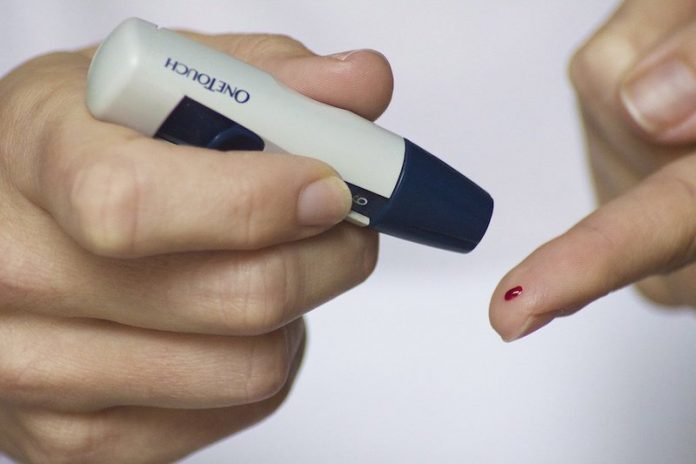
In a new study from the University of New South Wales, researchers found having Type 2 diabetes could cause cognitive impairment in stroke survivors.
They found that three to six months after a stroke, the participants with diabetes functioned worse than those without diabetes on measures for memory, attention, mental flexibility, processing speed, language and other examples of cognitive function.
The study points out the need to aggressively treat prediabetes.
Previous research found that stroke patients with a diabetes history had worse brain function than those without the condition.
The current work looked at whether that held true for people with prediabetes.
The analysis included data from 1,601 stroke patients in Australia, France, Korea, the Netherlands, Singapore and the United States.
Their average age was 66 and almost all had clot-caused strokes. Overall, 70% were Asian, 26% white and 2.6% African American.
The researchers found “much poorer” function in stroke survivors with diabetes – but not in those with prediabetes.
The findings held up even after researchers adjusted for additional factors such as ethnicity, high blood pressure, smoking, body mass index, abnormal heart rhythm and previous stroke.
The findings highlight the importance of assessing the capacity for self-care in patients with Type 2 diabetes following a stroke.
The team says health care providers should ensure stroke survivors have the mental competency to fulfill the complex tasks needed to manage diabetes.
If you care about diabetes, please read studies about surgery that may ‘cure’ type 2 diabetes,
and findings of diet that can lower risk of type 2 diabetes and help manage blood sugar.
For more information about stroke, please see recent studies about dietary supplements that may prevent heart disease, stroke effectively, and results showing that aspirin effective for preventing recurrent heart problems and strokes.
The study is published in Stroke. One author of the study is Dr. Perminder Sachdev.
Copyright © 2021 Knowridge Science Report. All rights reserved.



